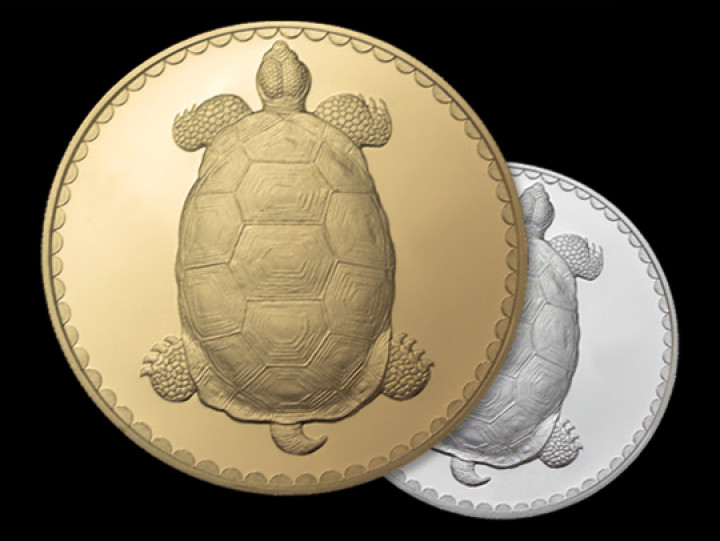Research Funding Roundup
Research is integral to the mission of the Department of Computer Science. Faculty members and students conduct studies in traditional and interdisciplinary research areas. Below is a selection of recent funding awards and the work they will support.
Improving Mental Telehealth Services Using Artificial Intelligence
Computer scientists at the University of Maryland, College Park, and child behavioral specialists at the University of Maryland, Baltimore, received an award from MPowering the State’s COVID-19 Response Fund to improve telehealth services for children living in rural areas of the state, who are now even more isolated due to COVID-19.
Aniket Bera, an assistant research professor in the University of Maryland Institute for Advanced Computer Studies (UMIACS), and Dinesh Manocha, the Paul Chrisman Iribe Professor of Computer Science, are working with psychiatric experts in Baltimore to develop artificial intelligence (AI) tools to improve mental health diagnoses for children via webcam.
The focus of the study will be on the children’s caregivers, who are typically the primary target for child behavioral interventions. But due to COVID-19, behavioral specialists are much less likely to meet with children or their caregivers in-person—particularly in rural areas of the state—prompting the need for providing both diagnoses and treatment options via a virtual telehealth network.
Bera and Manocha, who are experts in developing AI tools that can interpret human emotion, will build a system that can leverage visual and vocal or text attention mechanisms from caregivers, capturing the fine-grained interplay between visual cues and language.
Developing Quantum Technologies with New DOE-funded Quantum Center
Andrew Childs, a professor of computer science, and Xiaodi Wu, an assistant professor of computer science, will collaborate with scientists from federal labs, private industry and other universities as part of the new Quantum Science Center (QSC). The center is funded by a $115 million award from the U.S. Department of Energy (DOE).
The QSC’s research goals are organized around three scientific focus areas: quantum materials discovery and design, quantum algorithms and simulations, and quantum devices and sensors for discovery science.
Childs and Wu are part of the algorithms and simulations thrust. Childs will be active in developing algorithms that provide better approaches for Hamiltonian simulation, which is used to efficiently characterize the evolution of a quantum state. Wu will collaborate with Childs and others on that same task and will also work on automating Hamiltonian simulations in another project starting in the second year of the QSC’s activities.
In addition to the Oak Ridge National Laboratory, partner organizations in the QSC include: California Institute of Technology; ColdQuanta; Fermilab; Harvard University; IBM; Los Alamos National Laboratory; Microsoft; Pacific Northwest National Laboratory; Princeton University; Purdue University; University of California, Berkeley; University of California, Santa Barbara; University of Tennessee, Knoxville; and University of Washington.
Advancing Contact Tracing Methods
Aravind Srinivasan, a Distinguished University Professor of Computer Science, received funding from Google to develop computational techniques to improve contact tracing methods in the wake of COVID-19, research that could ultimately provide fundamental new insights into how epidemics can be controlled.
Srinivasan is one of the four principal investigators who aim to develop algorithms that prioritize who to test and when. These new algorithmic techniques will balance testing rates, infection rates and social distancing data.
Then, the team will use simulations and machine learning techniques to test and refine the algorithms, improving their efficacy. This approach is unique, say the researchers, because the simulations will prove the accuracy of their theories.
One of Srinivasan’s main goals is to develop an algorithm that will be able to identify a “superspreader” faster than current contact tracing methods allow. A superspreader is an infected individual who is coming into contact with a large number of people, like a bus driver or nurse.
Examining Collaboration Between Human Intelligence Analysts and Artificial Intelligence
Susannah B.F. Paletz, research professor in the College of Information Studies, leads a new Army Research Office-funded grant with Computer Science Professor Adam Porter and colleagues to examine how human intelligence analysts and artificial intelligence (AI) can collaboratively become an effective team.
The project involves foundational research on team cognition to understand how AI and humans can work together, not just how AI can increase efficiency, which is key to creating a system where human intelligence analysts can benefit from and place appropriately-calibrated trust in AI technology.
Developing Guiding Principles for Deep Learning
Deep learning is an increasingly popular form of artificial intelligence that’s routinely used in products and services that impact hundreds of millions of lives, despite the fact that no one quite understands how it works.
The Office of Naval Research awarded a five-year, $7.5 million Multidisciplinary University Research Initiative to a team that thinks it can unravel the mystery. Their task will be to develop a theory of deep learning based on rigorous mathematical principles. They will attack the problem from three different perspectives: mathematical, statistical and formal verification.
Computer Science Associate Professor Tom Goldstein is a co-principal investigator of the team, which is led by Rice University and includes researchers from Johns Hopkins University, Texas A&M University, the University of Wisconsin, UCLA and Carnegie Mellon University.
The Department welcomes comments, suggestions and corrections. Send email to editor [-at-] cs [dot] umd [dot] edu.
